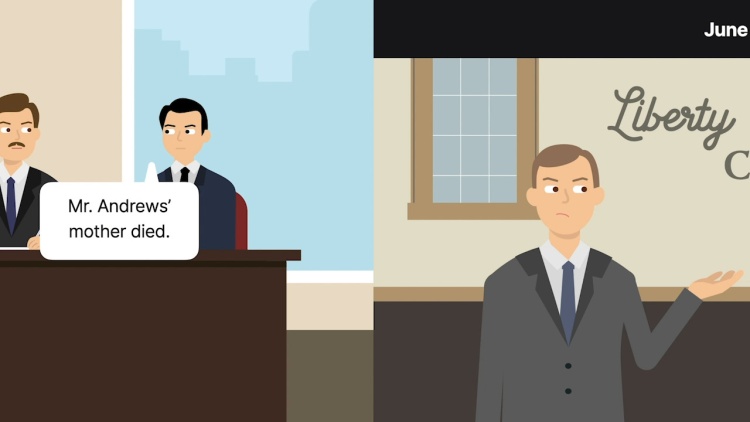Barnes v. Andrews
United States District Court for the Southern District of New York
298 F. 614 (1924)
- Written by Casey Cohen, JD
Facts
Liberty Starters Corporation (Liberty) was a New York corporation that manufactured airplanes and starters for Ford Motor Company. Charles Andrews (defendant), a corporate director of Liberty, took office as a director of Liberty in October 1919 and resigned in June 1920, serving for less than a year. Liberty continued business until 1921, when Earl Barnes (plaintiff) was appointed as receiver and sold Liberty’s assets for a small profit. Barnes brought a suit in equity against Andrews, alleging that Andrews did not give proper attention to his duties as corporate director of Liberty. Specifically, Barnes alleged that Andrews did not pay attention to Liberty’s waste in the spending and the incompetence of certain employees. During Andrews’s time at Liberty, there had only been two meetings for the corporate directors. Andrews attended one meeting, but missed the other meeting because his mother died. Andrews had remained informed about Liberty by speaking with Maynard, who was Liberty’s president and Andrew’s personal friend, but did not ask specific questions about Liberty and instead relied on the information that Maynard gave him. A decree was entered for Andrews, and the suit came before the federal district court on a final hearing on the bill in equity.
Rule of Law
Issue
Holding and Reasoning (Hand, J.)
What to do next…
Here's why 907,000 law students have relied on our case briefs:
- Written by law professors and practitioners, not other law students. 47,100 briefs, keyed to 996 casebooks. Top-notch customer support.
- The right amount of information, includes the facts, issues, rule of law, holding and reasoning, and any concurrences and dissents.
- Access in your classes, works on your mobile and tablet. Massive library of related video lessons and high quality multiple-choice questions.
- Easy to use, uniform format for every case brief. Written in plain English, not in legalese. Our briefs summarize and simplify; they don’t just repeat the court’s language.





